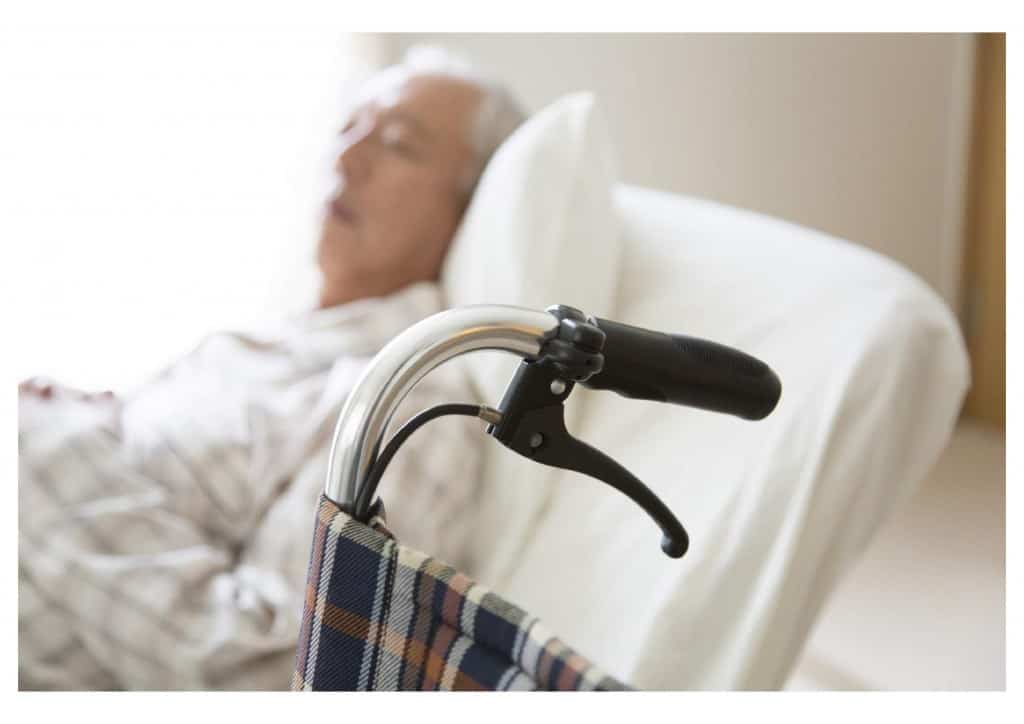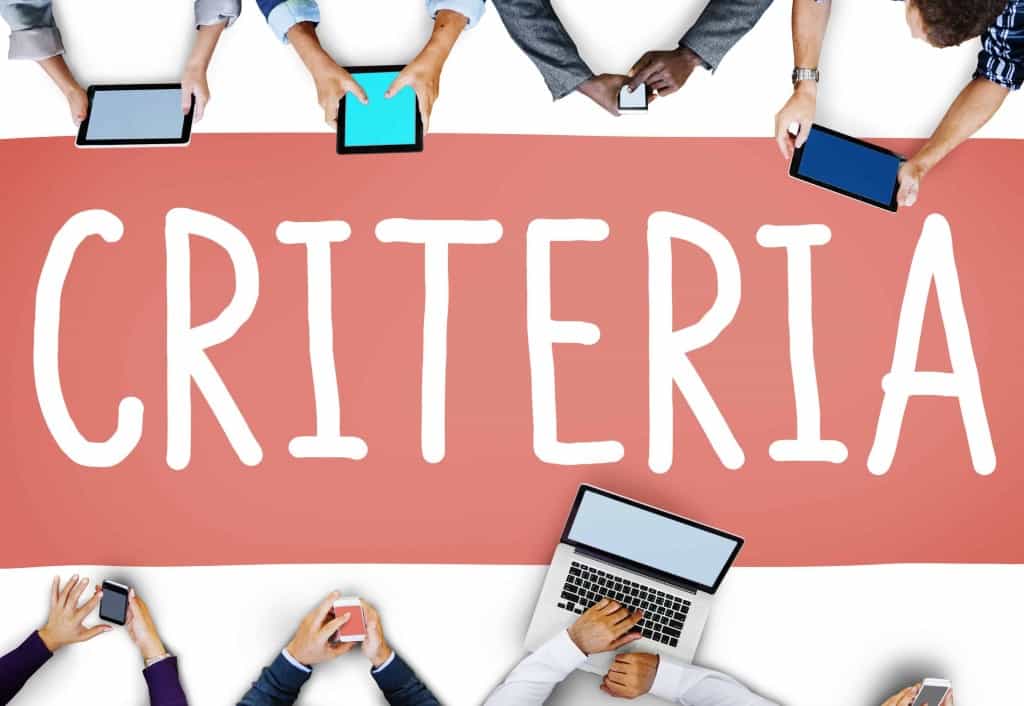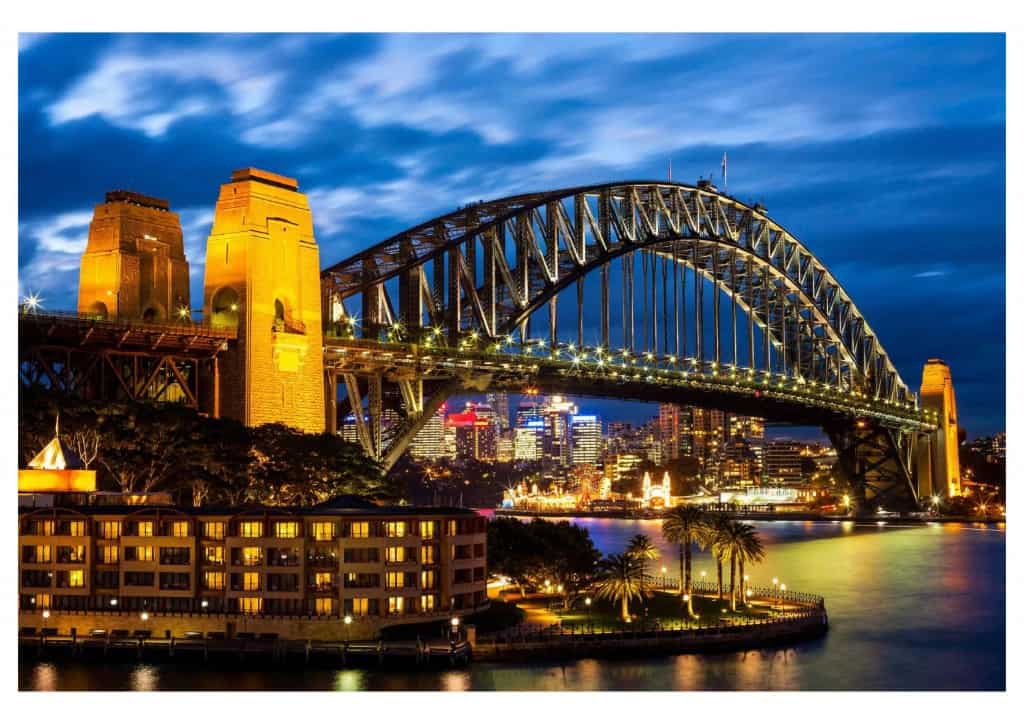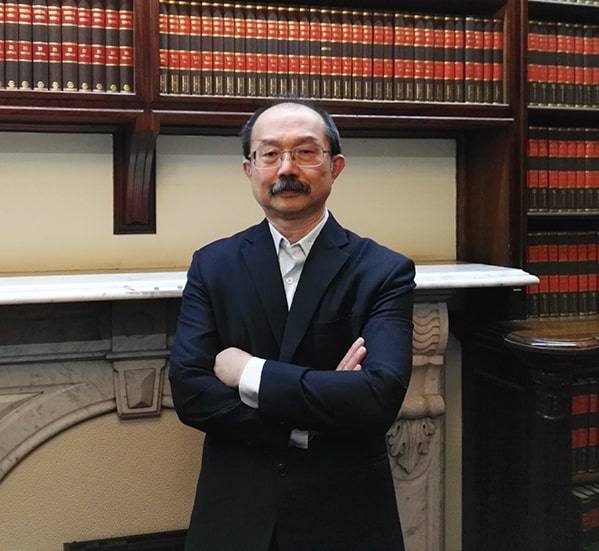
Onshore Carer (Subclass 836) or Carer Visa Class BU Subclass 836 is for an Australian resident with medical condition to sponsor 1 of their relative to care for them
You can sponsor your relative who is in Australia for an Onshore Carer (Subclass 836) if you or 1 of your family member has a long-term medical condition and unable to access care options.
You must be an Australian citizen or permanent resident or an eligible NZ citizen to be eligible to sponsor your relative for an Onshore Carer (Subclass 836) visa.
The person needing care and assistance, or a medical condition does not need to be you. He or she can be a member of your family unit.
However, the person needing care and assistance must have a medical condition that is causing physical or intellectual or sensory impairment of his or her ability to attend to his or her practical aspects of his or her daily life.
The person who has the medical condition must be unable to attend to his or her daily living needs because of the medical condition.
If your relative is not in Australia, you can still sponsor them for an Offshore Class BO Subclass 116 visa (click here to learn more).

Visa requirements
In order for the Department of Immigration (Department of Home Affairs) to grant your relative an Onshore Carer (Subclass 836) visa, he or she must be willing and able to provide you with the necessary assistance and care, and the assistance that you required cannot reasonably be provided by other members of your family unit who are in Australia. In addition, you are not able to obtain the assistance you required from external sources, such as welfare organisation or hospital or nursing home or community services.
Your relative must be willing to provide you with the long-term care and assistance that your required and must have the knowledge, capacity and capability (that is, able) to provide you with the assistance and care needed by you.
Practical aspects of daily life include (but not limited to):
- bathing;
- toileting;
- preparation of food;
- buying of grocery;
- basic house cleaning
However, the assistance cannot include aspects like recreational activities, driving a car or looking after your children (childcare).
The assistance required by the person needing care and assistance can be 1 of the following 2 types:
- the person with the medical condition, the direct assistance they need is to attend to his or her practical aspects of his or her daily life; or
- the person with the medical condition is a member of your family unit, then the assistance required by you (the sponsor) is to provide direct assistance to the person with the medical condition.
The above imply that you can sponsor a relative to look after you or a member of your family.
As a rule of thumb, the person requiring care and assistance must show that he or she need the assistance to attend to his or her daily life because of an existing medical condition that is expected to last for more 2 years. The person who has the medical condition will be assessed by BUPA (click here to learn more).
Your relative when making an application for Onshore Carer (Subclass 836) visa must provide evidence that a medical assessment has been requested from BUPA within 3 months of making the visa application.

Bridging visa
If you and your relative made a valid application, more importantly, the medical assessment has begun, the Department of Immigration may grant your relative a bridging visa to allow them to stay in Australia until their application is finally determined.
Whether the Department of Immigration grant a BVA or BVC or BVE will depend on the circumstances and your relative’s immigration status at the time of lodging Onshore Carer (Subclass 836) visa application.
There is no requirement for your relative (primary applicant) to be a visa holder at the time of making the visa application. However, if the visa application is not accompanied with evidence of the person with the medical condition has arranged for BUPA to assess their medical condition, the visa application will be returned as invalid. But your relative can still apply for a BVD or BVE on the basis that they will be able to make a valid application in the near future.
If you are in Australia when you apply for this visa, you may be granted a bridging visa to allow you to stay in the country until your application is finalised (click here to learn more about bridging visa).
Australian migration law is complex and difficult to understand, contact our immigration lawyer for a consultation (fee applies) to help you apply for this visa or to decide if this is the best visa for you (click here to find out how an immigration lawyer or registered migration agent can help you) . You may also refer to our FAQs for answers regarding visa application or visa cancellation by clicking here.


041 222 4020 or WeChat: AUDvisa
This article is not intended to be or taken as migration legal advice. The author of this article disclaims any liability for any action or omission on the information provided or not provided in this article. You should always consult an immigration lawyer or a registered migration agent to form an informed opinion on your immigration matter.



